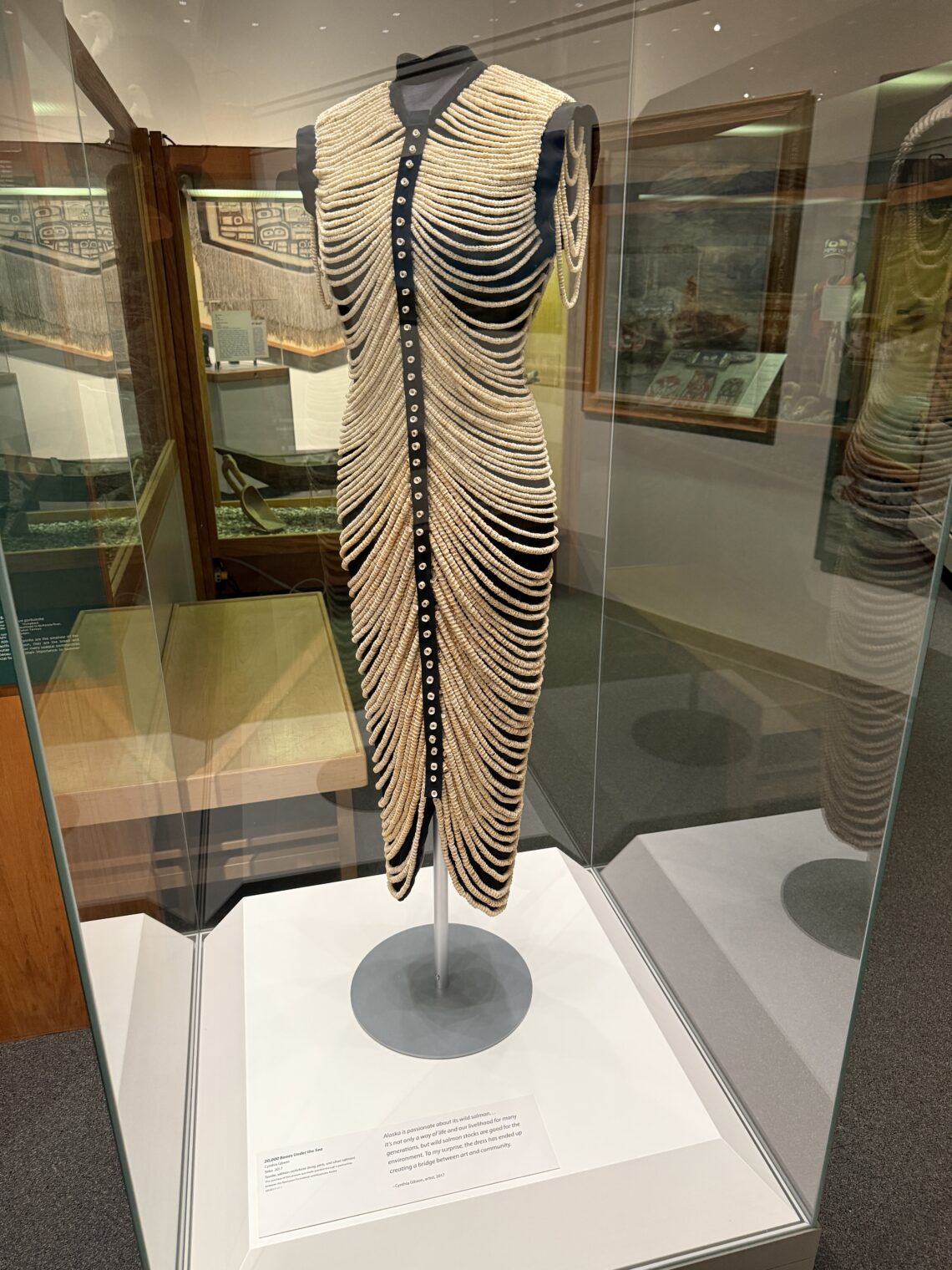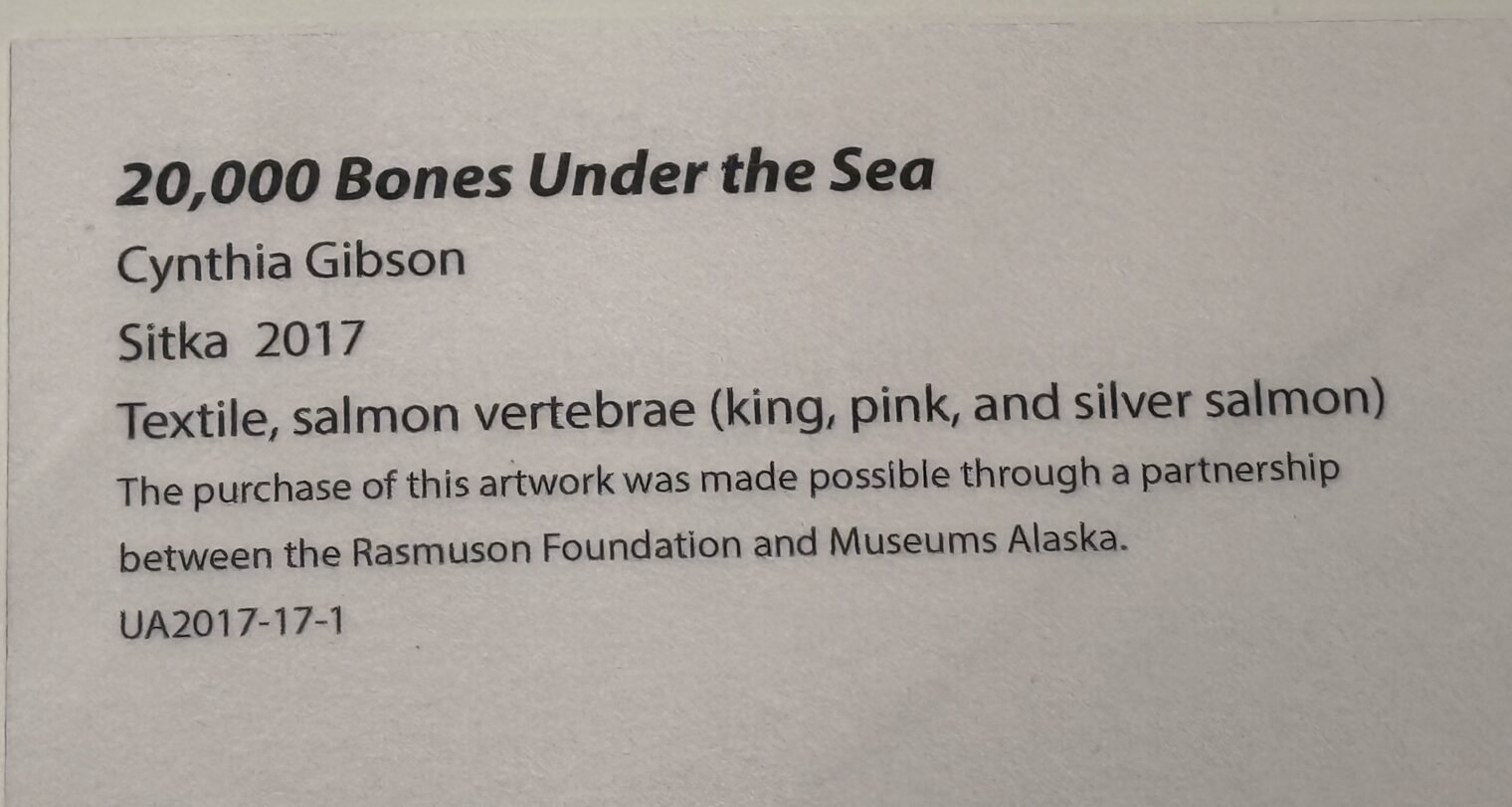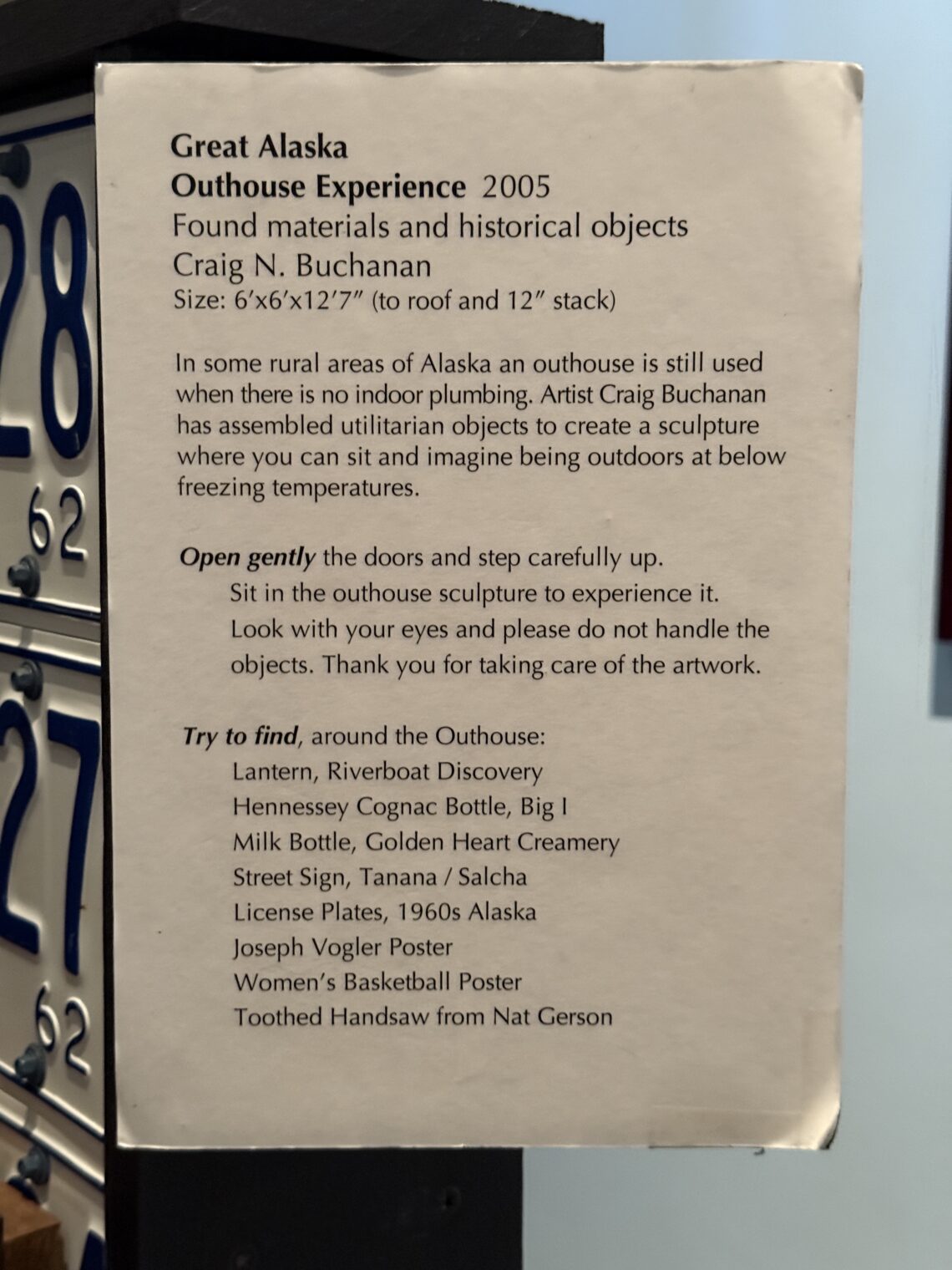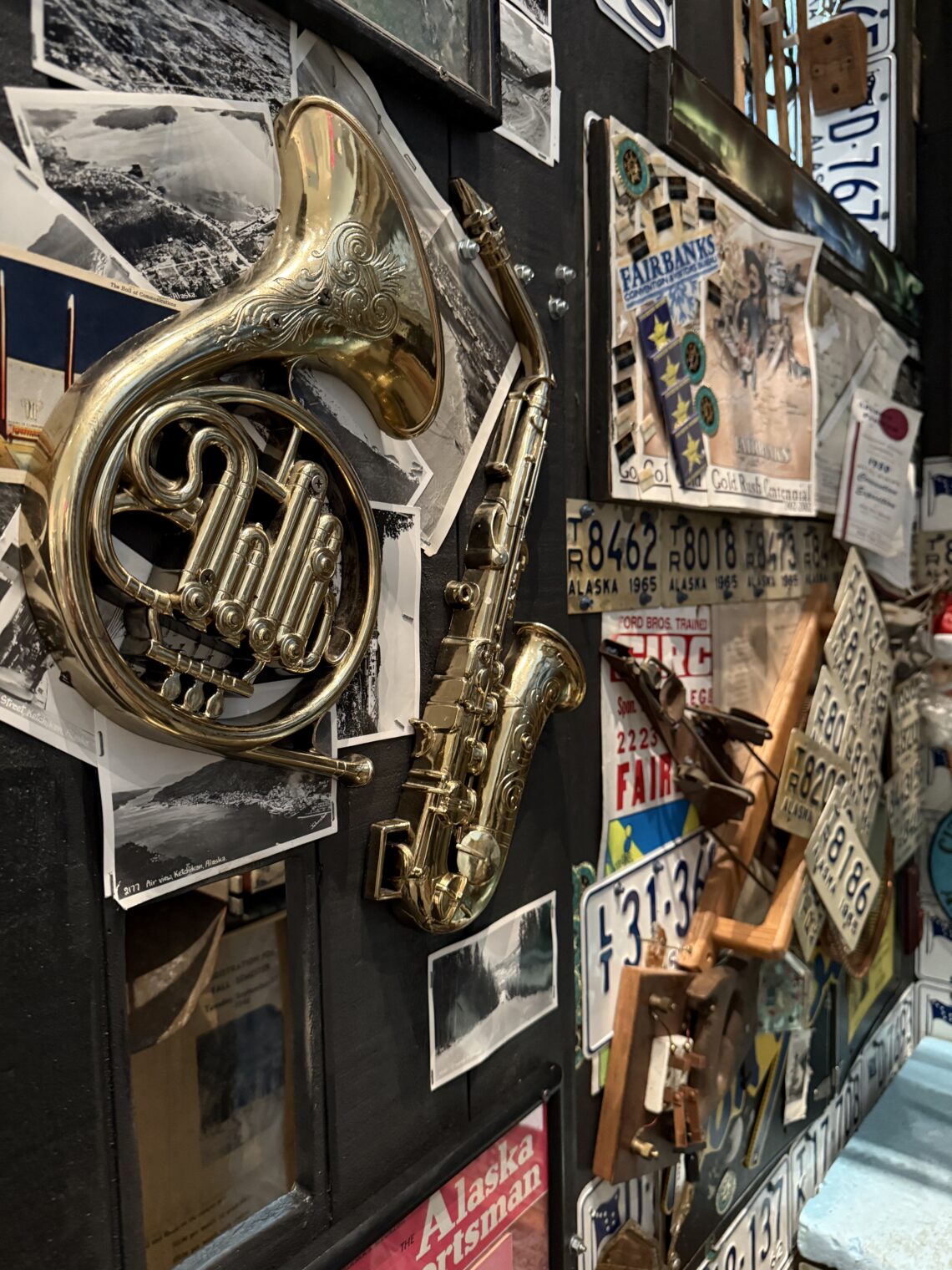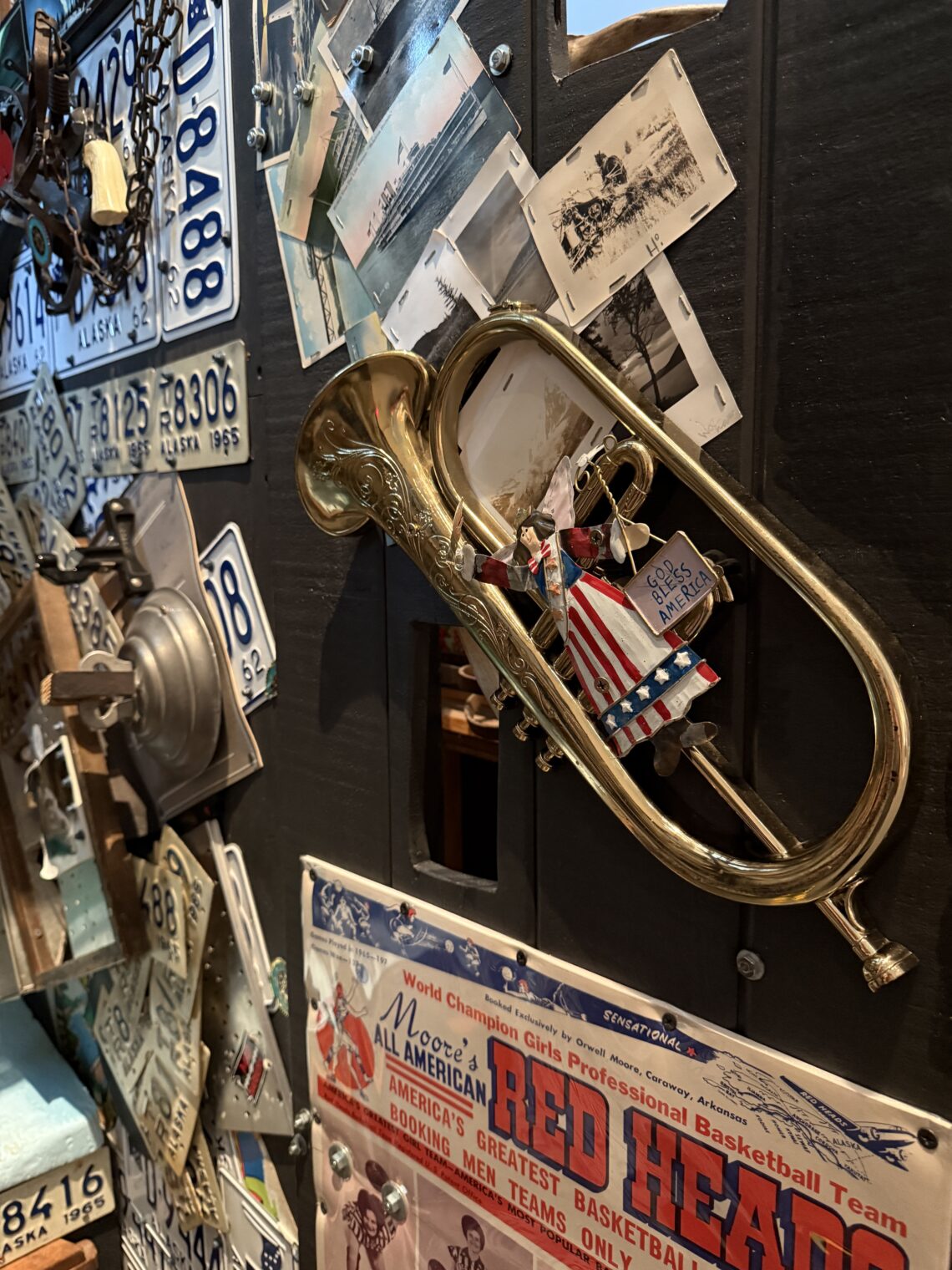For many of the people expressing opinions regarding how many immigrants the U.S. should accept, the immigrants themselves are an abstract quantity. Unable to afford to live in Sanctimony Cities, immigrants themselves are invisible to the typical Hillary supporter (see Tyler Cowen explains why rich white Democrats freely express love for immigrants and people of color). The New York Times gives us some of the texture of what is being debated with “When Syria Came to Fresno: Refugees Test Limits of Outstretched Hand” Here’s my comment on the article:
Nasser Alobeid, who worked as a security guard in Syria, is still jobless, and he and his wife, Neveen Alassad, get by with a $1,100 monthly welfare check, food stamps … “Nasser doesn’t speak English,” Ms. Alassad, a mother of five, said in broken English while Syrian children poured into a concrete courtyard to play.
The good news for this family of 7 is that, assuming that demand from employers for non-English-fluent workers picks up, Mr. Alobeid will earn at least $15/hour under California’s new minimum wage law if he is able to find a job in the year 2023.
Other reader comments are interesting.
[Michael Cook from Tampa, FL] Why does Fresno as “the largest city in the agricultural belt” not have jobs available? This goes against everything we are hearing about “crops rotting in the fields”, due to the labor shortage.
How about the inter-generational conflict?
[Matt from Algonquin] American kids who go to public schools are the ones who sacrifice the most. Almost every public school now has translators. If they aren’t on staff, they are on call. For a school in the community that this article is about, you probably have Arabic translators and Hispanic translators. What does this mean to a English speaking American kid? They don’t get the attention that they deserve.. the teachers have to ‘teach down’ and e.g., use their Google translating software to communicate with the non-English speakers.
[response from GRH in “New England”] And, conveniently, the children of the politicians and the elite of both parties, be it the Clintons or the Bushes; Justice Merrick Garland or Justice John Roberts, choose to “opt-out” of the laws and rules they impose on everyone else and instead send their children to the most elite private schools…
A black woman, one of the victims that New York Times readers purport to seek to assist, takes a tougher line than Donald Trump:
[Lois from Seattle] I’m black and my family was brought here as slaves 7 generations ago! That said, just because a country takes pride on consisting of CITIZENS from the globe, it doesn’t justify an endless stream of entrance for everyone at any time!
At this point America is inundated with people from all over the world. That would be okay if they were all legal, spoke English, could support themselves w/o resorting to welfare, food stamps, subsidized housing, free breakfast/lunch, education, medical and social services for their children!!!
What’s in this for us, the American citizen who foots the bill?
I thought the rules with regard to “refugees” was for them to move to the nearest safe haven/country! Syrians have moved a world and culture away from their native land! They have crossed over many Arabic and predominant Muslim countries…yet, like others of their kind, they come expecting to be fully accommodated even though it would be unthinkable for them to do same for you in their country!
There should be an immigration moratorium! NO ONE allowed in for at least a year until we sort things out! … After all, we OWE them (immigrants/refugees) nothing!
Her white superiors set her straight:
[Judith Rael from Redondo Beach, CA] Lois, there is plenty of room and funding to help people like the Syrians. … Open your heart, teach your family how to give and care for the persecuted. You will be so much happier.
(“Plenty of funding”? Perhaps Ms. Rael means that if we were able to borrow $20 trillion before we started getting serious about bringing in Syrians we can easily borrow some more? And how do we know that this person speaking truth to a black woman is white? Google Image search suggests that people with a last name of “Rael” are generally white.)
There are a bunch more of these priceless exchanges. People with Hispanic names argue for restrictions on immigration while those with non-Hispanic names point out and correct their thoughtcrime.
From a careful reader of the Times:
[Const from NY] A few days ago, you had a story about how hard it is for many Californians to find affordable housing. Here, we have a story about people from Syria being given housing in that same state.
Canadians fight (politely):
[science prof from “Canada”] Private sponsorship by individuals or groups, as done in Canada, allows refugees to rapidly integrate and become part of the wider community beyond the local group of the same ethnicity.
[Danielle Davidson from “Canada and USA”] Canada has enormous problems with Muslim Syrians. Too many are on welfare. Even the NYT had an article about it. They don’t adapt, and their frustrations will affect their children. We will see too soon how that turns out. In the meantime, As a woman, I find their culture outrageous. They are prejudiced against women, gays, Christians. Why do we have to accept so many people that don’t like the American way of life.
Modest proposals from Trump country:
[Hank Batts from Lexington, Kentucky] Send a few thousand of these folks to the upper west side of Manhattan and another few thousand to Brookline, Mass. The people there just LOVE diversity.
[Jon] The frontier closed in 1898. We are the third most populous country in the world. We have plenty of people. We have no need to import people to fill up an empty country and instead should be concentrating on creating a vibrant economy for Americans not burdening our economy with millions more dependents and low-skill workers.
From a resident of a West Coast city that is way too expensive for a non-English-speaking immigrant and that has long waiting lists for free public housing:
[Blue from Seattle] If any Syrian refugees are reading this, I would like to say welcome to the United States. I am glad you are here. To the [Syrian] man [in the NYT photo] with the four daughters–your children are wonderful.
[response from a “blue state” reader] Good, please list your address so we can send them all over to your house. As a citizen who does physical labor at 58 years old, I resent my wages being taxed so we can give these people welfare, food stamps, free medical, and housing allowance.
Not everyone in Hillary country has been properly educated:
[Olivia from NYC] We need a moratorium on all refugees and all immigrants. This country cannot accept everyone in the world who can’t make it in their own country. Welfare, food stamps, section 8 housing, free health care and education for their many children at the cost to American tax payers! … How is it that liberals don’t protest the repression of these women?? These people with their 7th century mentality don’t belong in this country. Build the wall. Close the door. Deport.
[Artful Rabbit from Silver Spring [Maryland]] They have no willingness to manage the size of their families. … You are living hand-to-mouth in a war torn country, threatened by ISIS or now you are a refugee in a host country and the thinking is, yep, good time to put another one in the oven? I suppose as long as there are other people willing to pay for the needs of their huge family, why not.
How about the good citizens of Fresno themselves?
[Ryan from Fresno] Please hold all applause until the movie has ended. As a community we did not vote for this. It has been shoved down our throats by a few religious organizations. Yes these are human beings and I have a heart, but we need to be logical about this. [translation: “I don’t have a heart.”] … We have high energy cost, high unemployment, lower wages that do not match the inflated cost for housing and rent, countless gangs and homeless encampments all along the 99. … I would have much rather opened my pocket book and helped them resettle in a predominately Muslim country, where they share the same culture, language and religious values. … we have experienced this before with the Southeast Asian and Central American refugees. Yes, there are some that become model citizens and introduce culture into our society, but they don’t tell you the other side, the ones who start gangs and form culturally isolated ghettos.
Readers: Do you agree with me that we need more of this kind of reporting? Bringing in Airbus A380-loads of immigrants from the other side of the planet is a relatively new concept. Shouldn’t we be curious about how it works out for the typical immigrant? Also, what do we make of the fact that the NYT readers, a fairly homogeneous group politically, are fighting so much in response to this article? If the above Canadian “science prof” is correct and it takes a village to welcome an immigrant, what happens when roughly half of the Hillary supporters seem to wish that the immigrant had never showed up? Could this be the issue that prevents Democrats from uniting to oppose the Trumpenfuhrer?
Related:





